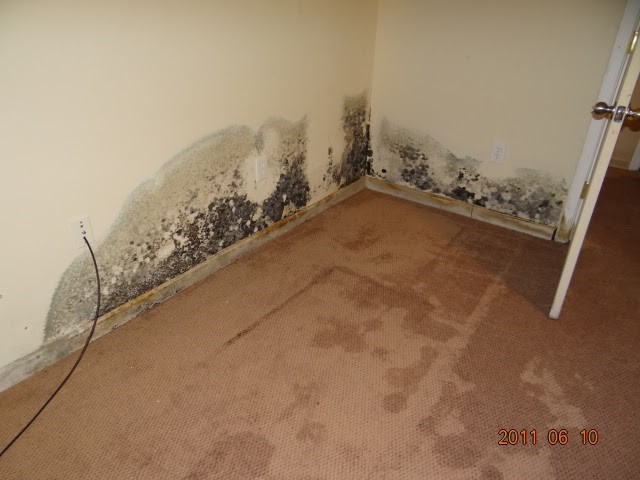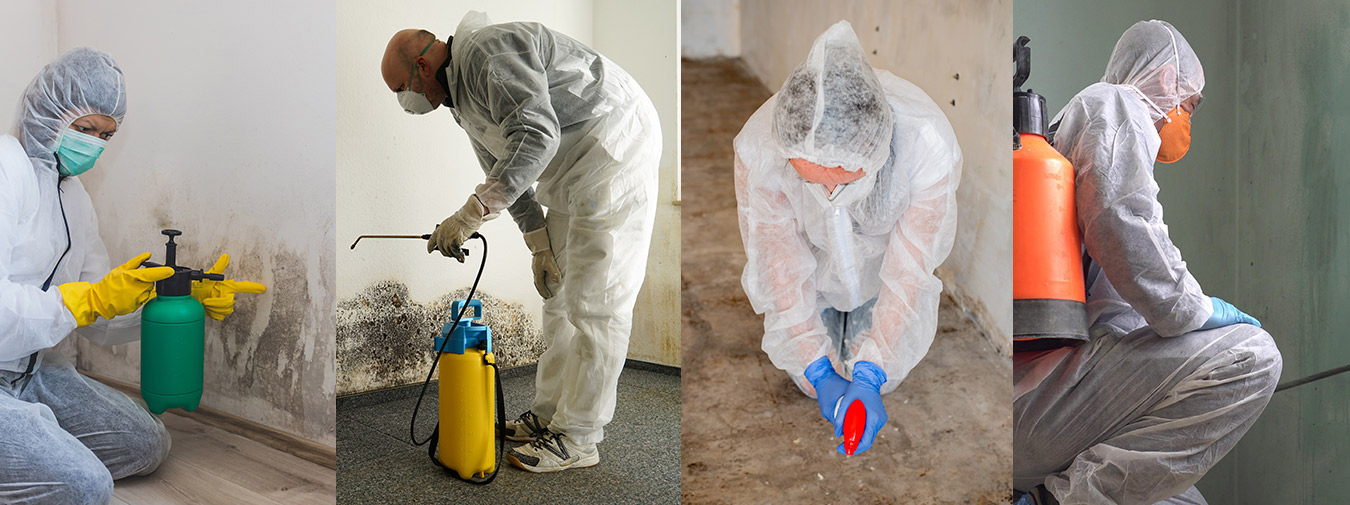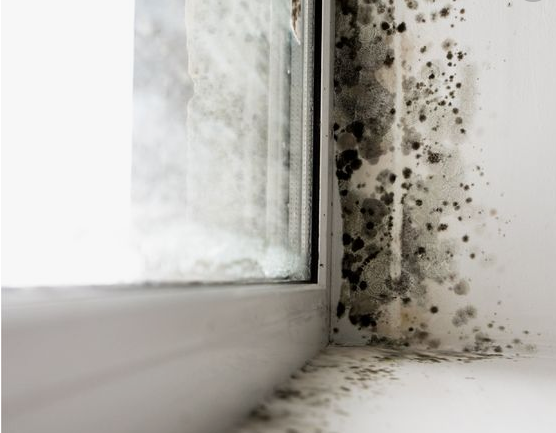WHAT ARE YOUR RIGHTS AS A TENANT WITH MOLD IN FLORIDA?

The legal boundaries of a tenant-landlord relationship are regulated on a state level, which means if you are living in Wisconsin, The Virgin Island, or on the International Space Station (can mold grow in space?) this article is, unfortunately, not for you.
But for those of you living in the Sunshine State, you know as well as I do that the nickname does not account for the amount of moisture in the air, and the level of rainfall Florida can experience year-round. Hurricane season is always an up-and-coming affair, and for those living in a rented space, it can be tricky to navigate repairs with your landlord – things like water damage, leaks, and possible mold.
So we at TCB figured, we’d be nice to our future clients. We’re going to spell out some legal basics to help you get the mold out and the clean air in.
Florida Tenant Responsibilities
As a tenant, you are responsible, to a certain extent, for the upkeep of your space. There are certain situations in which a tenant can create an unlivable situation all on their own, beyond the landlord’s control.
To avoid mold, and its toxic spread, you are expected to report, in writing, any water damage or potential mold you may suspect is in your space. This is important both for getting your landlord’s attention, and providing yourself physical documentation in case of legal issues.
Florida Landlord Responsibilities
Landlords are required by the state of Florida to begin the mold detection and remediation process for their tenants within 7 days of receiving written notice of a mold problem.
This would start with an inspection performed by a licensed mold specialist, like the trusted employees of TCB EnviroCorp. A thorough inspection would include services such as an air quality test and moisture readings on problem areas. The remediation oftentimes makes a rental living space uninhabitable, especially in smaller apartments such as studios or one-two bedrooms. Landlords are responsible for housing their tenants during this time period.
Let’s say it’s been well over 7 days since you’ve provided written notice to your landlord, and diddly-squat has been done to improve the situation. What is your next step?
Apply the Pressure
Oftentimes, you can expedite matters simply by using an age-old tactic, tested and proven by our ancestors and their ancestors before them. Be annoying. Be the bug up their behind they cannot get rid of. Email them daily, call them daily, if it is a complex with a leasing office, march in and cause a fuss. If they can ignore you, some of them will. Don’t let them.
If That Still Doesn’t Work
You can legally break your lease. You can get back your security deposit. You can move out. You don’t need to be breathing in toxic mold spores simply because your landlord has your remediation process in a stalemate. It is not healthy for your body, mind, or living situation.
TCB For Florida Mold Inspection
If you have any more questions, or would like to call TCB for mold remediation or consultation, all of our information is available on our website.







